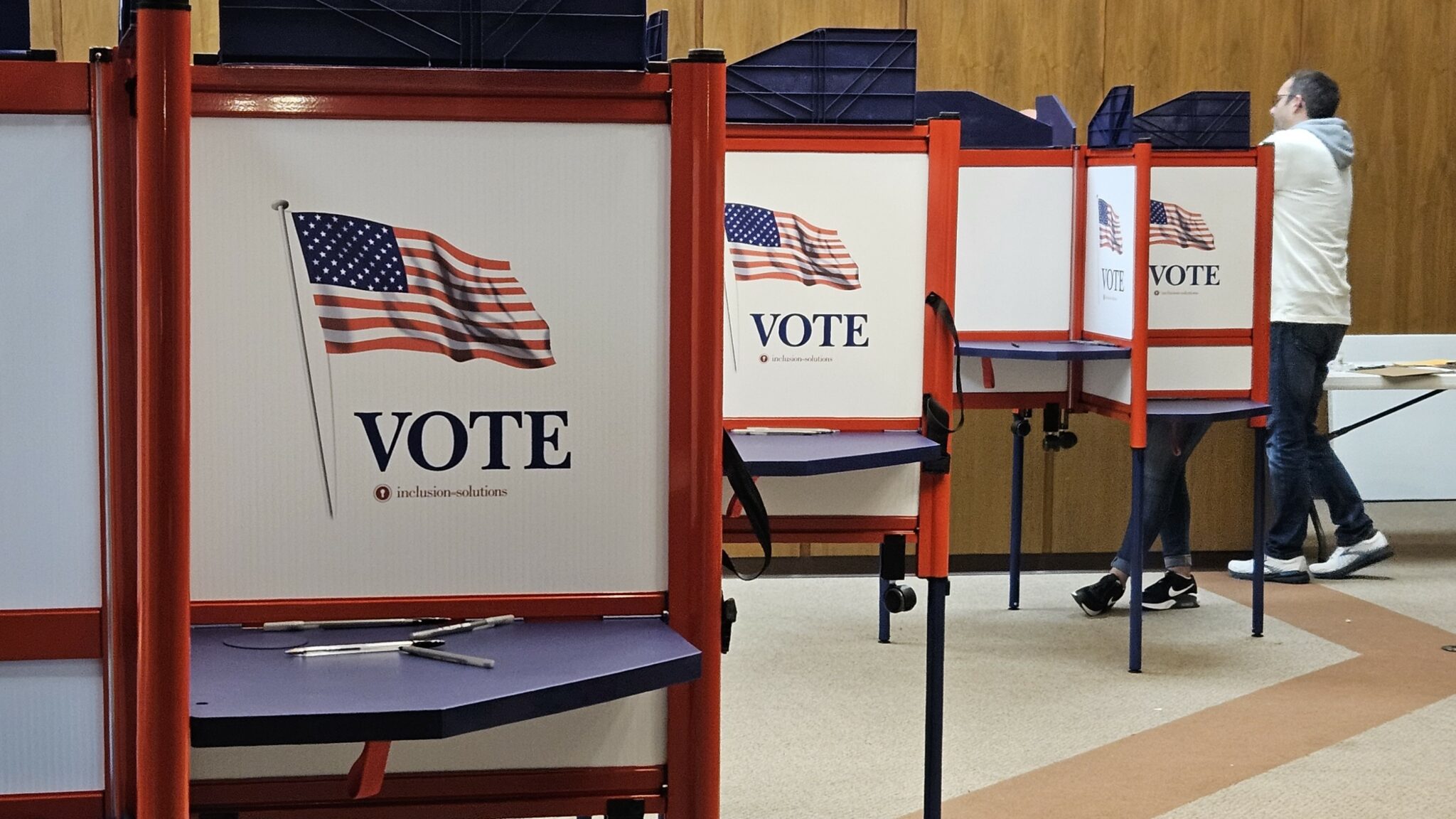Home » Battleground Wisconsin » Clerks notified Wisconsin Elections Commission of 127 possible voter fraud instances in recent elections

Elections clerks notified the Elections Commission of 127 instances of possible voter fraud or irregularities in recent elections, including bribery, a noncitizen registering and casting a ballot, and disrupting a drop box. The report, prepared ahead of Tuesday’s commission meeting, is compiled from information submitted by municipal clerks for a required report to the Legislature. It notes the ag...